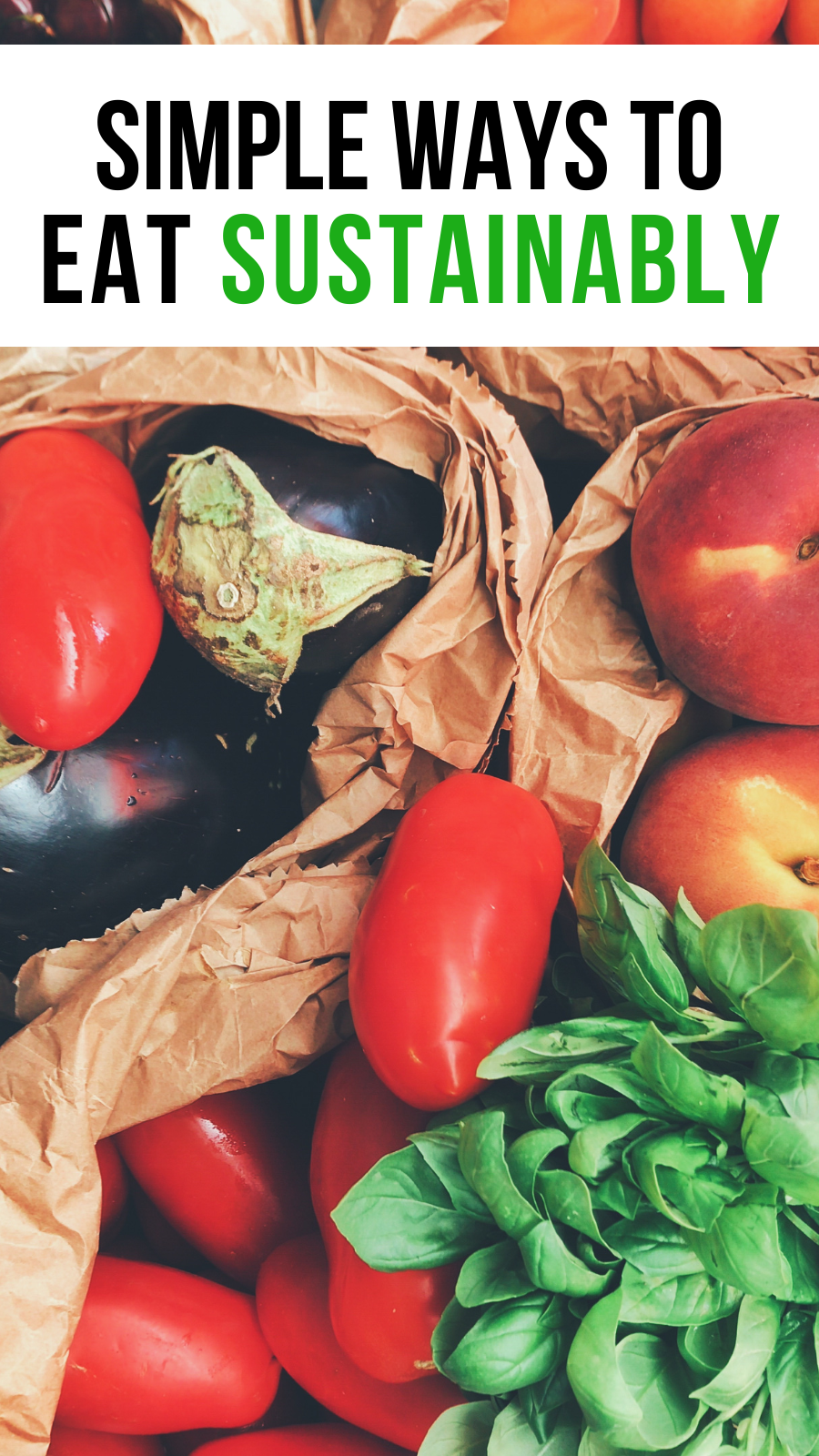Eating Green: Sustainable Diets For A Healthy Planet

Executive Summary

Food choices have a significant impact on personal and planetary health and can influence the development of the future food system. Sustainable diets are those that promote all dimensions of individual and public health, as well as those of future generations, while considering the environmental, economic, and social pillars of sustainability. With the global food system facing challenges such as climate change and rising population, transitioning to sustainable diets that prioritize plant-based foods, reduce food waste, and support local food systems is critical.

Introduction
In recent years, the term “sustainable diet” has gained significant traction as a concept that encompasses both personal health and environmental well-being. A sustainable diet is one that provides adequate nutrition while minimizing negative environmental impacts and supporting social justice. This article will explore the key principles of sustainable diets and discuss the benefits they offer for both individuals and the planet.
FAQs
- What is the difference between a sustainable diet and a healthy diet?
A sustainable diet prioritizes both individual and planetary health, while a healthy diet focuses solely on meeting nutritional requirements.
- Why are sustainable diets important?
Sustainable diets can help mitigate climate change, conserve natural resources, and promote social equity.
- How can I adopt a sustainable diet?
Start by incorporating more plant-based foods into your meals, reducing food waste, and supporting local food systems.
Subtopics
1. Plant-Based Diets:
- Definition: Emphasizes plant foods such as fruits, vegetables, legumes, and whole grains.
- Benefits: Reduces greenhouse gas emissions, conserves land and water, and promotes cardiovascular health.
- Key principles:
- Increase consumption of fruits and vegetables.
- Choose whole grains over refined grains.
- Limit processed foods and sugary drinks.
2. Food Waste Reduction:
- Definition: Practices that aim to minimize the amount of food that is wasted.
- Benefits: Reduces greenhouse gas emissions, conserves resources, and saves money.
- Key principles:
- Plan meals and create shopping lists to avoid overbuying.
- Store food properly to extend its shelf life.
- Use leftovers or donate excess food to local organizations.
3. Local Food Systems:
- Definition: Supports the production and distribution of food within a specific geographical area.
- Benefits: Reduces transportation emissions, supports local farmers and businesses, and fosters community connections.
- Key principles:
- Purchase food from local farmers’ markets or CSAs.
- Grow your own food in a garden or community garden.
- Advocate for policies that support local food systems.
4. Climate-Friendly Food Choices:
- Definition: Considers the carbon footprint of food production and consumption.
- Benefits: Mitigates climate change by reducing greenhouse gas emissions.
- Key principles:
- Choose plant-based foods, as they have a lower carbon footprint than animal products.
- Opt for food produced locally or seasonally, which reduces transportation emissions.
- Support regenerative agriculture practices, which sequester carbon in the soil.
5. Sustainable Seafood:
- Definition: Practices that ensure the health and abundance of marine ecosystems.
- Benefits: Preserves marine biodiversity, protects against overfishing, and supports coastal communities.
- Key principles:
- Choose sustainable seafood options by referring to certifications or reputable sources.
- Avoid overfished species.
- Reduce seafood consumption and explore alternative plant-based options.
Conclusion
Adopting sustainable diets is an essential step towards creating a healthier future for both individuals and the planet. By prioritizing plant-based foods, reducing food waste, supporting local food systems, making climate-friendly food choices, and promoting sustainable seafood practices, we can create a more sustainable and equitable food system for generations to come.
Keyword Tags
- Sustainable diets
- Plant-based diet
- Food waste reduction
- Local food systems
- Climate-friendly food choices